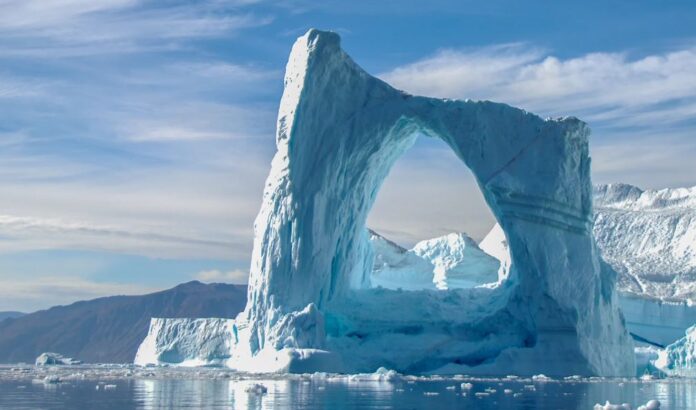PARIS, Jan 8, 2025 – In a bold assertion of European sovereignty, France’s Foreign Minister Jean-Noël Barrot declared that the European Union will not tolerate any attacks on its borders, directly responding to U.S. President-elect Donald Trump’s provocative comments regarding Greenland and the Panama Canal.
Trump, in a recent statement, did not dismiss the possibility of using military or economic force to gain control over Greenland, an autonomous Danish territory, and the Panama Canal, sparking international concern over U.S. intentions. His stance has been interpreted by many as a revival of expansionist rhetoric, coming just weeks before his inauguration on January 20.
Speaking on France Inter radio, Barrot firmly stated, “There is obviously no question that the European Union would let other nations of the world attack its sovereign borders, whoever they are. We are a strong continent.” This response underscores a unified EU stance against any perceived threats to its territorial integrity, particularly from a geopolitical ally like the United States.
The French minister’s comments come in the wake of Trump’s son, Donald Trump Jr., visiting Greenland, which has led to speculation and discussions about the U.S. administration’s intentions towards the Arctic island. Greenland, while not part of the EU, is closely associated with Denmark, an EU member, and its defense is seen as integral to the security of the European continent.
Denmark, for its part, has already moved to bolster Greenland’s defense capabilities, announcing a significant investment in response to Trump’s earlier remarks about potentially purchasing the island. This move was underscored by Greenland’s Prime Minister Múte Egede, who firmly stated that “Greenland is ours. We are not for sale and will never be for sale.”
The situation has raised questions about international law, sovereignty, and the stability of global alliances, especially with the U.S. traditionally being a key NATO ally. The EU’s response through France signals a readiness to defend its interests and those of its members against any form of coercion or aggression, highlighting the complex dynamics of transatlantic relations under the incoming Trump administration.
This development has been widely discussed, with posts on X emphasizing the EU’s commitment to border defense and France’s direct challenge to Trump’s comments, reflecting a broader public sentiment of solidarity and defiance across European nations.
Key Points:
- French Foreign Minister Jean-Noël Barrot asserts EU will defend its borders in response to provocative comments by U.S. President-elect Donald Trump regarding Greenland and the Panama Canal.
- Trump’s comments included not ruling out military or economic force for control over Greenland and the Panama Canal, sparking international concern.
- Greenland, an autonomous Danish territory, is at the center of the controversy, with Denmark reinforcing its defense capabilities in response to Trump’s earlier interest in purchasing the island.
- EU’s stance reflects a unified position against threats to European sovereignty, emphasizing the strength and solidarity of the continent.
- The situation raises questions about international law, sovereignty, and the future of transatlantic relations under the incoming Trump administration.
- France’s response via Barrot’s statement on France Inter radio underlines the geopolitical tensions and the EU’s readiness to protect its interests and those of its members.



